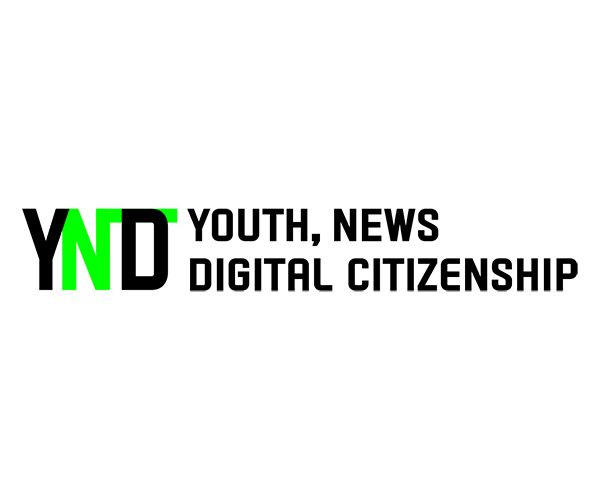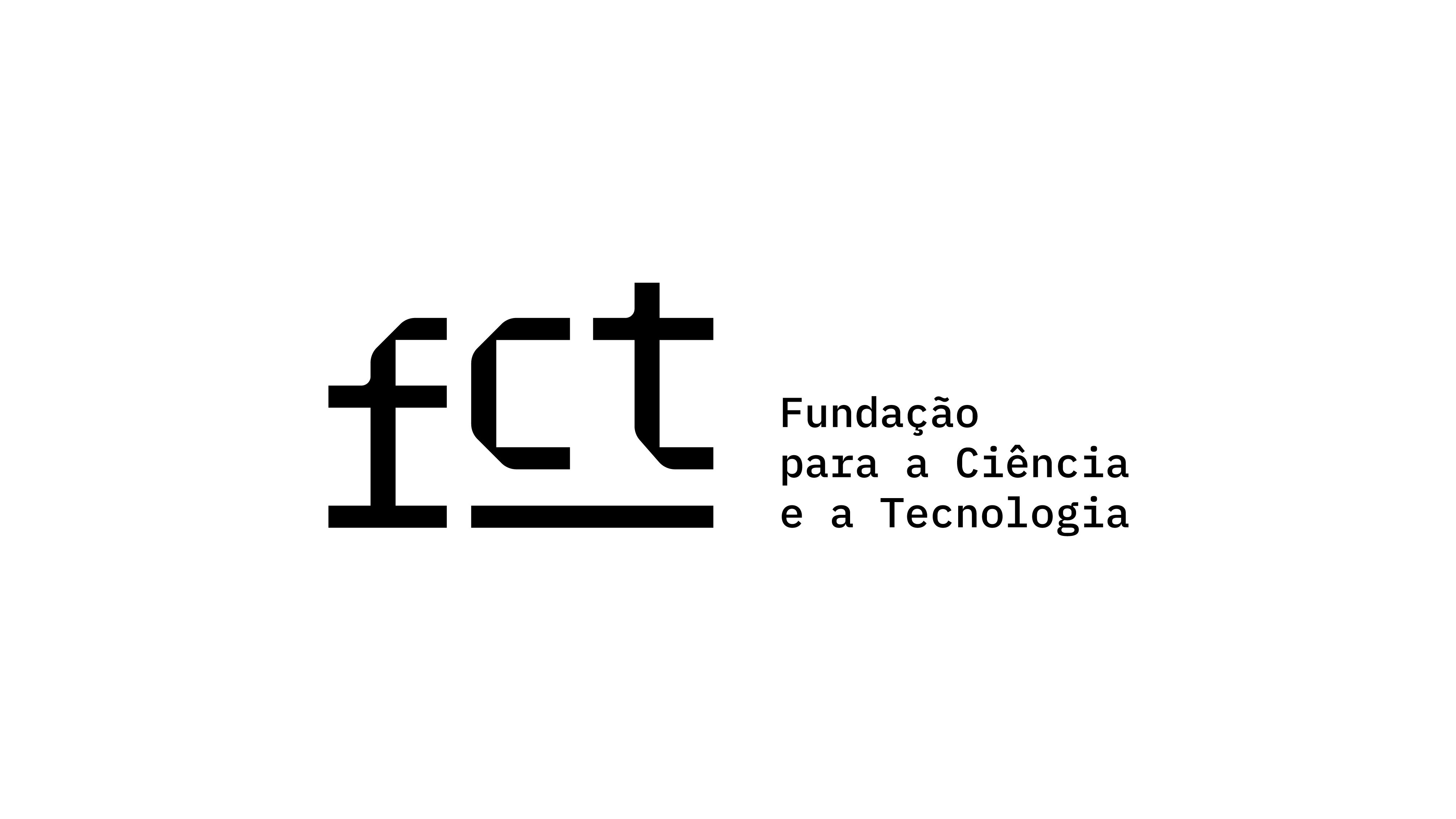YouNDigital

https://youndigital.com
YouNDigital
PTDC/COM-OUT/0243/2021
01/01/2022 - 31/12/2024
212.891,30€
FCT/ I&D projects
Ongoing Projects
Maria José Brites (Universidade Lusófona)

Jovens, Notícias e Cidadania Digital/Youth, News and Digital Citizenship
YouNDigital is pioneeringly studying the link between young people, news, and their digital citizenship, seeking to understand these emerging dynamics in a deeply digitized society and facilitating training in the area. The challenges in this pressing area in today's democracies have gained greater momentum as a result of the pandemic context. The proliferation of news consumption, saturation regarding information overload and the increased difficulty of fighting fake news have brought about increased challenges. In the diversified society we know today, it is increasingly important to understand information disorders, for example with the exacerbation of polarized discourses. YouNDigital brings the contribution of diversity, considering different socio-demographic dimensions and life contexts, from the most common to those at the margins. This project seeks to understand these dynamics in an inclusive way and to cover diversified contexts, from the most common and recurrent in academic research to the most particular ones (such as young people at risk, institutionalized, with disabilities and special needs). Knowing that gender has an influence on the connection to the news and not having studies especially focused on this dimension, this is one of the main challenges of YouNDigital in line with the 2030 Agenda.
YouNDigital - that seeks to understand how the digital generation relates to the news – is based on four assumptions:
1 - Studies on news and young people are increasingly scarce, but the digital context and the challenges regarding the reconfiguration of citizenship, propelled by digital media, make them pressing.
2 - Although there are more and more studies on the spaces that young people use to socialize on the internet (such as Instagram, TikTok or YouTube), few focus on the dimension of information production, favoring entertainment. YouNDigital intends to bring this contribution.
3 - There are few studies in this area and even fewer that include young people at the margins and the diversity of their contexts.
4 - Finally, the existing studies focus more on consumption and less on the participative dimension. It is important to add this dimension to consider learning by doing and in this case to consider the educational dimensions of journalism
The project is based on three structuring axes:
a) Knowledge and identification of trends and gaps in the literature - the first step of this research focuses on a detailed knowledge of the existing literature since the beginning of the millennium and focusing on the past 10 years. This period of time focuses on the transition and consubstantiation of the digital age, which needs further knowledge. We also intend to identify trends and gaps that allow us to put into perspective the future of the field and of the research itself.
b) Robust fieldwork based on the assumptions of what the young citizen consumes and produces in terms of information. This is the most challenging part of the project and we want to have a detailed knowledge of the Portuguese reality, mainly through the online questionnaire, the collection of diaries, and semi-structured interviews, always invoking the international comparison, namely in articulation with a report commissioned by Reuters Institute [Fl19]. Besides this, YouNDigital will create a web app that facilitates the implementation of a digital newsroom in 4 languages (Portuguese, English, Spanish and French), with a global reach.
c) Promoting knowledge transfer and societal impact - the creation of the digital newsroom and of two courses aimed at youth, educators, journalists, and decision-makers that will be available to the international community. These two tasks are especially relevant to promote and solidify the transfer of knowledge at the national and international level - corresponding and seeking to overcome societal challenges - and promote knowledge through a sustainable education perspective. The Data analysis systematization report embodies the analysis and proposal of typologies resulting from the integrated analysis of b) and c).
Coordinators
Maria José Brites -
Teresa Sofia Castro -
Team
Research scholars
Fábio França
Margarida Maneta
Mariana Müller
Consultants
Project Manager
Margarida Santos
